James E. Burke, 1925 – 2012
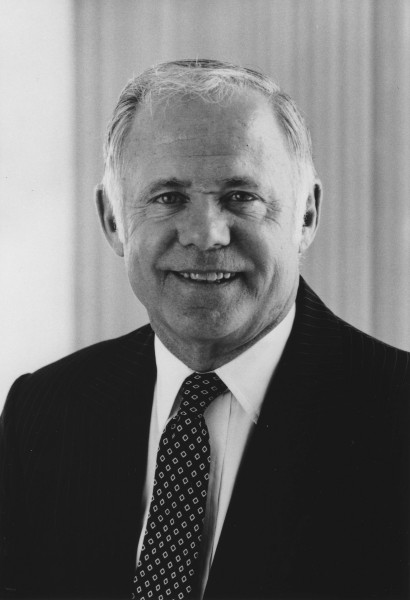
One of the most remarkable individuals and most courageous leaders ever to have served Johnson & Johnson -- James E. Burke -- passed away this past Friday, September 28, 2012 at age 87. Jim Burke, as he was known, was our Chairman and CEO from 1976 to 1989, and he helped lead Johnson & Johnson through a time of change, challenge and modernization. What he’s most known for is his championship of Our Credo, and a set of meetings he held to make that business philosophy, written in 1943, even more relevant in a new era.
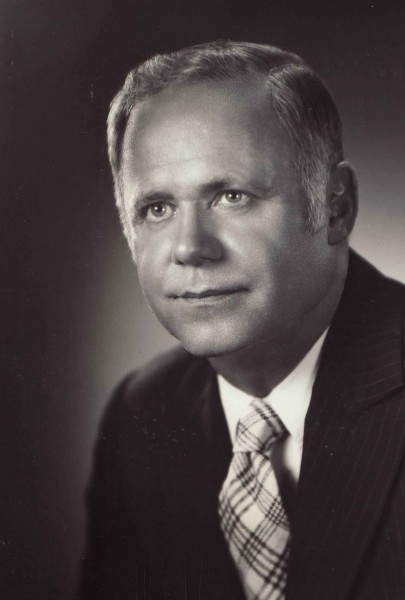
James Burke was born in Rutland, Vermont in 1925 and grew up in a small town in upstate New York. He served as an ensign in the U.S. Navy during World War II, commanding a landing craft tank in the Pacific before completing his college education and earning an MBA as part of the famously high-achieving Harvard Business School Class of 1949. Burke joined Johnson & Johnson in 1953 as a product director for the Company’s consumer wound care products. When he joined, the long, brick Cotton Mill (where Johnson Hall stands today) was still a fixture of the Company’s New Brunswick campus, and Johnson & Johnson was continuing the process of forming decentralized operating companies both overseas and from some of its heritage product lines.
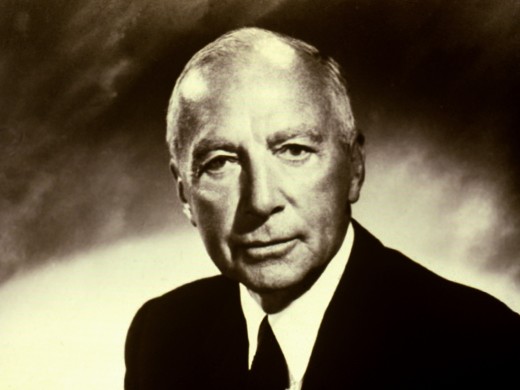
General Robert Wood Johnson was Chairman and CEO at the time Burke arrived, and his son -- also named Robert Wood Johnson -- was a member of senior management. Robert Wood Johnson, Jr. (or Bobby, as he was called) was in his early 30s, with new ideas, and he brought in a new generation of marketers who would help modernize the way the Company introduced and sold its consumer products (for example, doing more market research and using it to develop new products). One of those marketers was James E. Burke.
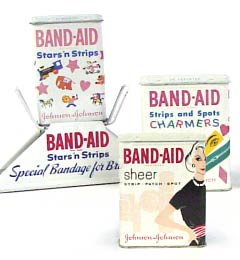
Johnson & Johnson, with its emphasis on patients, customers and consumers, employees and supporting the community, mirrored Mr. Burke’s personal beliefs and philosophy. He had grown up in a household in which his mother encouraged her children to challenge everything and use discussion and debate to solve problems (a method he would bring to Johnson & Johnson). He and his siblings were also encouraged to put others first and to give back to the community. Burke’s beliefs and style fit well with Johnson & Johnson, and he rose quickly through management, becoming a member of the Company’s Executive Committee in 1965, and president of the corporation in 1973. In 1976, when Richard Sellars stepped down as Chairman and CEO, James Burke became the Company’s fourth Chairman and CEO – a position he held until his retirement 1989.
In the early 1970s, concerned that the Credo was not as relevant as it had been in the past, Burke set in motion a series of meetings called the Credo Challenge. The Company had grown rapidly worldwide, with many new employees, and Burke was concerned that that not all of them understood the value of Our Credo as a guide. So this is what he did:
“We began by bringing in about twenty-five of our managers and laying out for them what we called ‘The Credo Challenge.” What we said, in effect, was this: If you do not believe in the Credo, and you aren’t urging your employees to abide by it, then it is an act of pretension. In that case, you should take it off the wall of your office and throw it away.” [American Management Association interview with James E. Burke, quoted in Robert Wood Johnson, The Gentleman Rebel, by Lawrence G. Foster, Lillian Press, 1999, p. 615]
Burke’s statement – considered heretical at the time – got their attention, and lively discussions ensued, uncovering the fact that Our Credo was as relevant to modern business climates and challenges as it had been to past ones. Mr. Burke believed that lively and healthy debate produced better decisions, and he generated an extremely healthy debate. Mr. Burke told the story best:
“We went through every section of the Credo, challenging each one. The assignment was to come out of the meeting either recommending that we get rid of it, change it or commit to it as it is…The debate continued for two days, and in the end the overwhelming majority voted to retain the Credo philosophy but urged some word changes that brought the document more in keeping with the times. In however, the Credo received reaffirmation. It proved my point that everyone has a value system. But by giving them the opportunity to buy into the Credo, it was now their philosophy as well, and not one foisted on them by a previous generation.” [American Management Association interview with James E. Burke, quoted in Robert Wood Johnson, The Gentleman Rebel, by Lawrence G. Foster, Lillian Press, 1999, pp. 615-616]
That was the result James Burke hoped to achieve: attendees left the Credo Challenge meetings even more committed to Our Credo than ever before.
That recommitment served Johnson & Johnson very well during the TYLENOL® crises of the 1980s. Because of the Credo Challenge and how it helped shape the actions of the Company, James Burke was named one of the ten greatest CEOs of all time by FORTUNE Magazine in 2003.
After a long career at Johnson & Johnson, including 13 years as Chairman and CEO, James Burke retired in 1989…to work on his second career. Concerned about teen drug abuse and bringing with him his expertise in advertising, Mr. Burke went on to chair the Partnership for a Drug Free America from 1989 to 2005. He enlisted the support of hundreds of people in advertising, media and communication to get media time and placements for the Partnership’s messages, and worked with the Reagan, George H. W. Bush and Clinton administrations to get the word out. In recognition of his leadership at both Johnson & Johnson and the Partnership for a Drug Free America, James Burke was awarded the Presidential Medal of Freedom in 2000 by President Bill Clinton -- the United States’ highest civilian honor. Here are some of the many letters President Clinton received in support of Jim Burke's nomination:
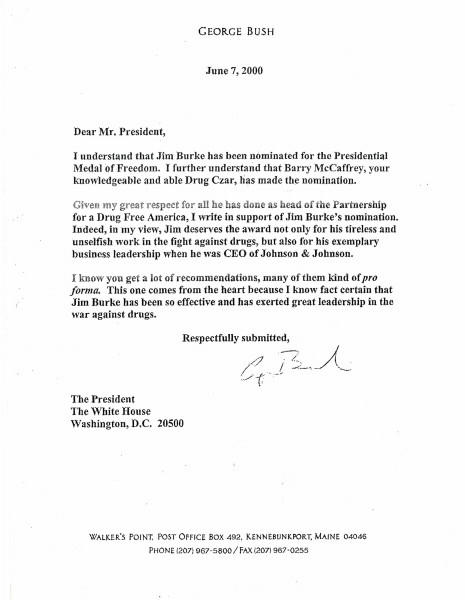
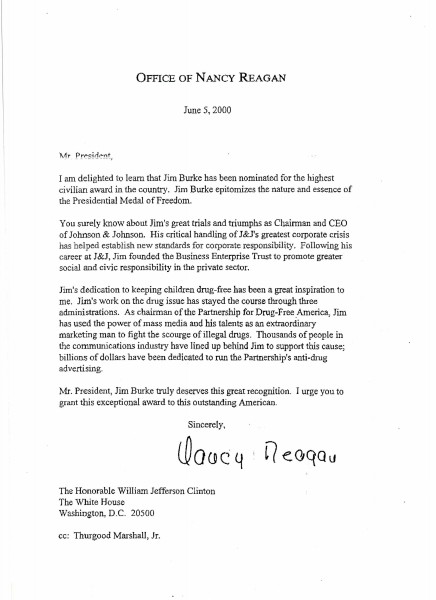
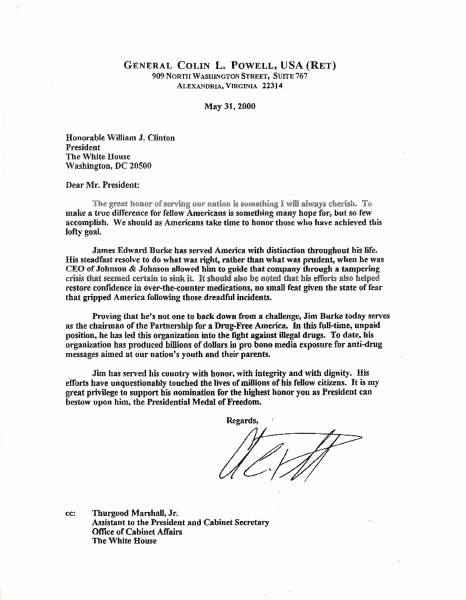
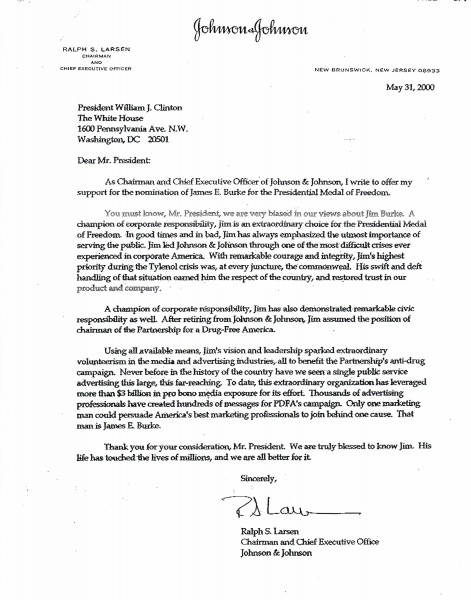
For his integrity, foresight, leadership, sense of humor under pressure, and for his commitment to the founding values of Johnson & Johnson, James E. Burke was truly one of the most remarkable people in Johnson & Johnson’s 126-year history…and in the history of American business. (You can read a full chronology of Mr. Burke's life and career at this link.)
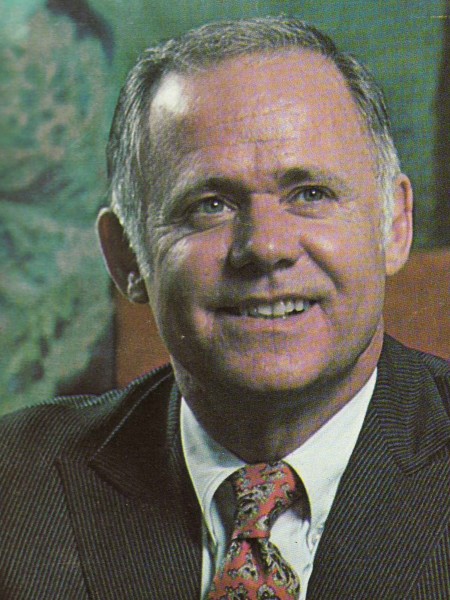

The Credo is one of the main reasons, if not the most important one, why I still work at J&J. I sincerely hope that I can continue to uphold the legacy that Jim Burke left behind.
A true example of a leader. His conviction about the work we did and his priority to our patients and our customers was truly shown during the Tyenol Crisis. While this crisis tested us all as a company, at the same time, it truly made us stronger as a Family and our commitment to the Credo. I admired him greatly and I am proud to be a member of the Johnson & Johnson Family of Companies.